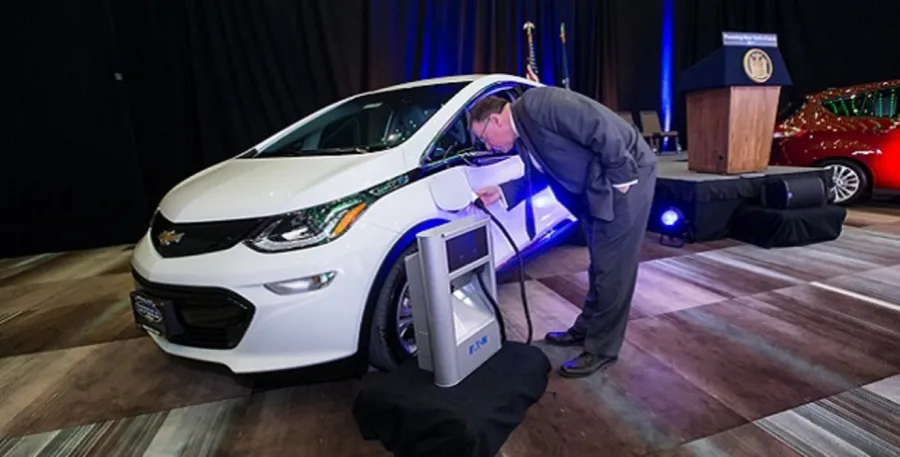LIBN: A clean fuel standard would help New York’s workers

Wednesday, June 8, 2022
This editorial was published in the Long Island Business News.
As we close in on the remainder of the legislative session it’s essential that New York’s elected officials focus on solutions to some of our state’s most pressing issues. On-road transportation accounts for 17% of total statewide emissions. Reducing our transportation system’s reliance on petroleum, and the climate and air pollution it produces, must be at the top of that list.
Despite past efforts, New York remains 95+% reliant on petroleum in transportation, consuming 6.78 billion gallons of diesel and gasoline in 2019 (pre-Covid). To achieve our 2030 and 2050 targets we need to rapidly deploy capital for critical clean fuel infrastructure. Furthermore, we can protect public health, reach our climate goals, and put New Yorkers back to work by supporting a rapid transition to electrified and low-carbon transportation.
A clean fuel standard would do just that. It would move our transportation sector towards electrification and clean fuel alternatives in a responsible manner, while creating good-paying jobs at no cost to taxpayers.
A clean fuel standard requires fuel manufacturers and importers to reduce the negative impacts, specifically carbon levels, of their fuels and allows the market to determine how we achieve it. In New York, this could be scaled to an aggressive enough target to help achieve the goals outlined in the Climate Leadership and Community Protection Act and to significantly reduce harmful transportation pollution that is devastating our low income and communities of color.
A clean fuel standard will help New York make substantial investments in our clean transportation future, allow businesses to create thousands of good-paying jobs, and bring new business to the state. Clean fuel standard initiatives have been successful in California, Oregon, and British Columbia.
Without a clean fuel standard, New York is missing out on jobs for working New Yorkers. Adoption would increase innovation and investment in electric and other low greenhouse gas alternatives. Increased investments in green hydrogen, biofuels, and expanded in-state electrification makes adoption of these alternatives more accessible and affordable. Additionally, the increased investment in the infrastructure needed to support these alternatives would bring yet more job opportunities for people. Every million dollars invested in clean fuel infrastructure yields more than 11 jobs; it’s time to bring those jobs to New York.
New York is moving towards increased electrification. The clean fuel standard helps get us there responsibly. New electric vehicles are coming to market, and New Yorkers are ready to purchase them with waiting lists for some models exceeding a year. A clean fuel standard is not going to slow this transition but will move us to our low carbon goals even faster.
Labor leaders are working to create opportunities to build a green economy and a resilient workforce for our future. New York lawmakers are faced with an important decision. We need action now. A clean fuel standard helps pave the way to a clean transportation future that supports good union jobs. This is not an either-or proposition. We must transition to clean fuels and electric vehicles.
John Durso is president of the Long Island Federation of Labor AFL-CIO; Robert B. Catell is chairman of the Advanced Energy Center at Stony Brook University.
